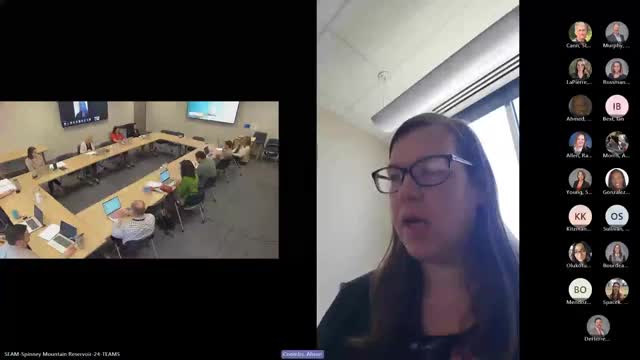Article not found
This article is no longer available. But don't worry—we've gathered other articles that discuss the same topic.
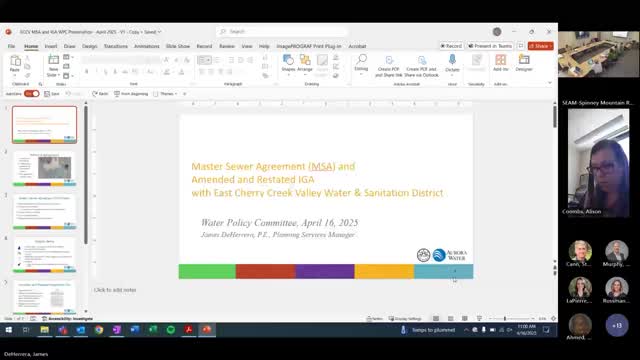
Aurora to send East Cherry Creek Valley master sewer agreement and Kings Point IGA to study session
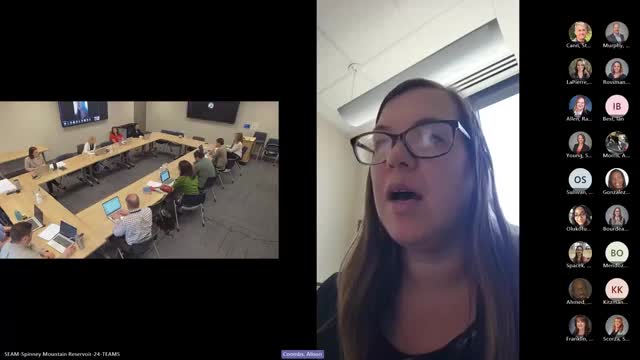
Fourth amendment to Cherry Creek restoration IGA advanced to council; Aurora not required to add funding
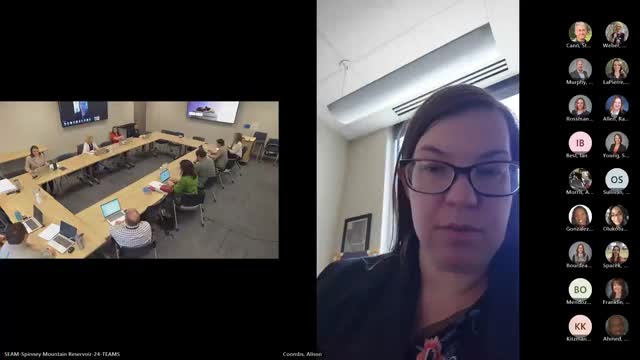
Aurora to advance annual stormwater monitoring IGA to full council; city share $29,000
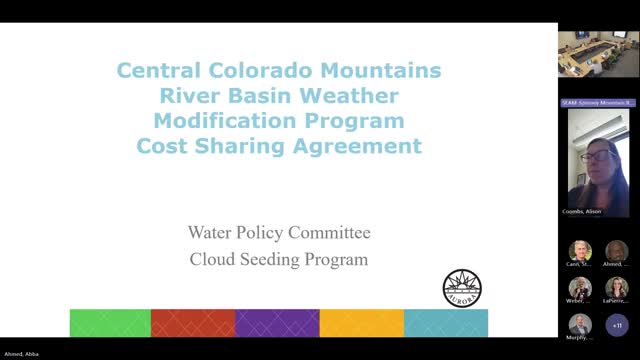
Aurora staff ask council to approve $25,000 contribution to regional cloud-seeding program
